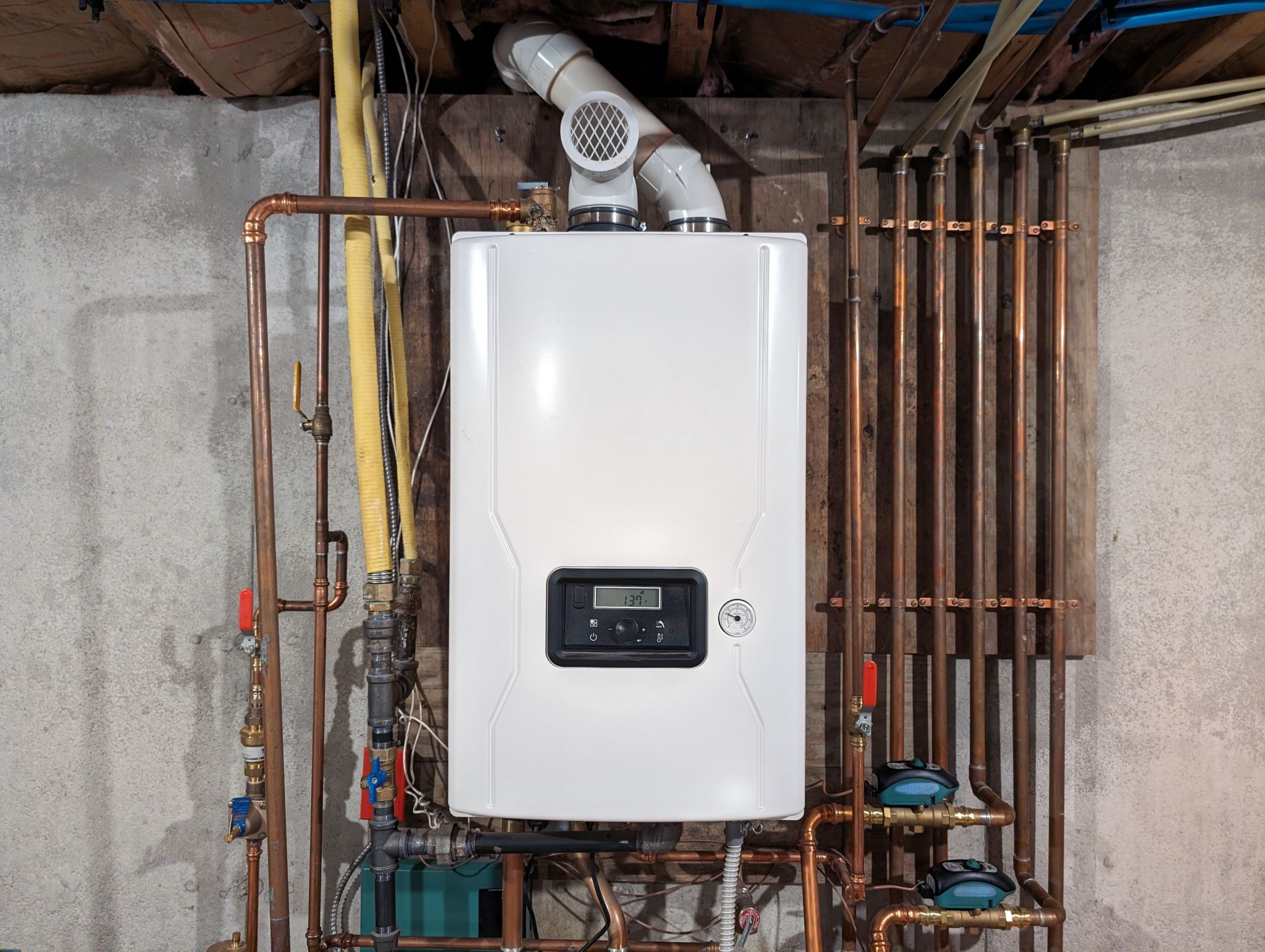Debunking Myths About Hot Water Systems
Understanding Hot Water Systems
Hot water systems are an essential component of modern living, providing comfort and convenience in our daily routines. However, there are many myths surrounding these systems that can lead to misunderstandings and mismanagement. In this blog post, we aim to debunk some of the most common myths about hot water systems to help you make informed decisions and ensure optimal performance.

Myth 1: Hot Water Systems Are Expensive to Run
One of the most prevalent myths is that hot water systems are inherently costly to operate. While it's true that they can consume a significant amount of energy, modern systems are designed to be much more efficient. By selecting the right size and type of system for your household needs, and maintaining it properly, you can significantly reduce running costs. Additionally, investing in energy-efficient models or solar hot water systems can further cut down on expenses.
Myth 2: Bigger Is Always Better
Another common misconception is that a larger hot water system will always be more effective. In reality, the size of the system should be matched to the household's specific needs. An oversized system can lead to unnecessary energy consumption and higher bills, while an undersized system might struggle to meet demand. It's crucial to assess your household's hot water usage patterns and consult with professionals to find the perfect fit.

Myth 3: Hot Water Systems Require Minimal Maintenance
Many people believe that once installed, hot water systems require little to no maintenance. This is far from the truth. Regular maintenance is essential to ensure the system operates efficiently and lasts longer. Routine checks and servicing can help identify potential issues before they become major problems, saving you from costly repairs or replacements. Always refer to the manufacturer's guidelines and consider scheduling annual professional inspections.
Myth 4: All Hot Water Systems Are the Same
It's a common misconception that all hot water systems are essentially the same. However, there are various types, including electric, gas, solar, and heat pump systems, each with its own set of advantages and disadvantages. Understanding the differences can help you choose the most suitable system for your home and lifestyle. Factors such as installation costs, energy efficiency, and environmental impact should all be considered when selecting a system.

Myth 5: Hot Water Systems Have a Short Lifespan
Some homeowners are under the impression that hot water systems have a short lifespan and need frequent replacement. While it's true that these systems won't last forever, proper maintenance and care can significantly extend their operational life. Most systems can last anywhere from 10 to 15 years, with some well-maintained units even surpassing this range. Regular maintenance and timely repairs are key to maximizing the lifespan of your hot water system.
Myth 6: DIY Repairs Are a Good Idea
With the rise of DIY culture, some individuals might be tempted to tackle hot water system repairs on their own. However, this can be risky and potentially dangerous. Hot water systems involve complex components and high temperatures, making them unsuitable for amateur repairs. It's always best to rely on qualified professionals for any repairs or installations to ensure safety and compliance with local regulations.
In conclusion, understanding the realities of hot water systems can help you make better decisions for your home. By debunking these myths, you can optimize your system's efficiency, save on costs, and ensure a reliable supply of hot water for years to come. Always remember to consult with professionals and stay informed about the latest advancements in hot water technology.
